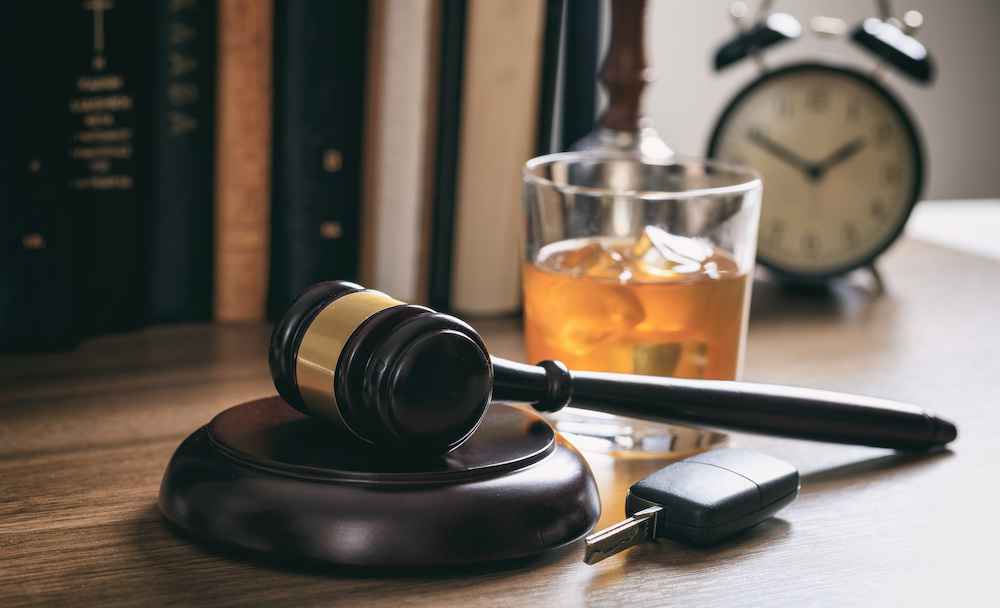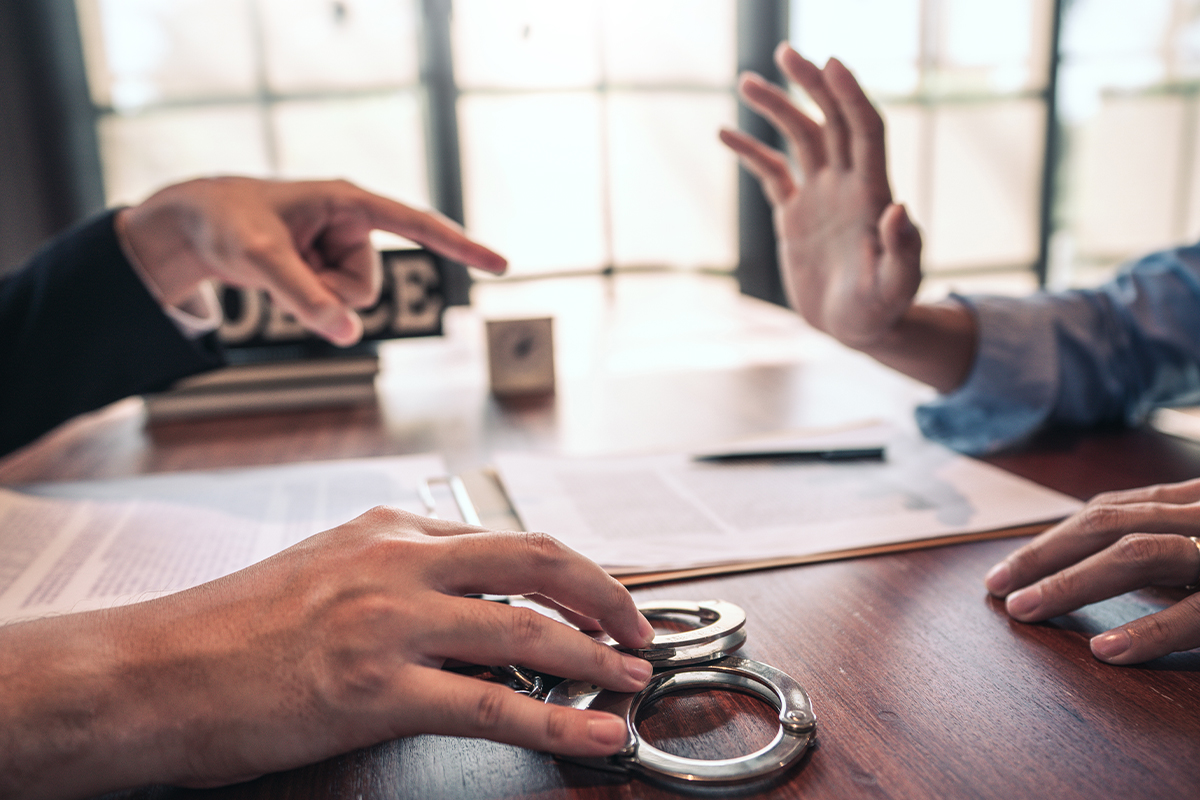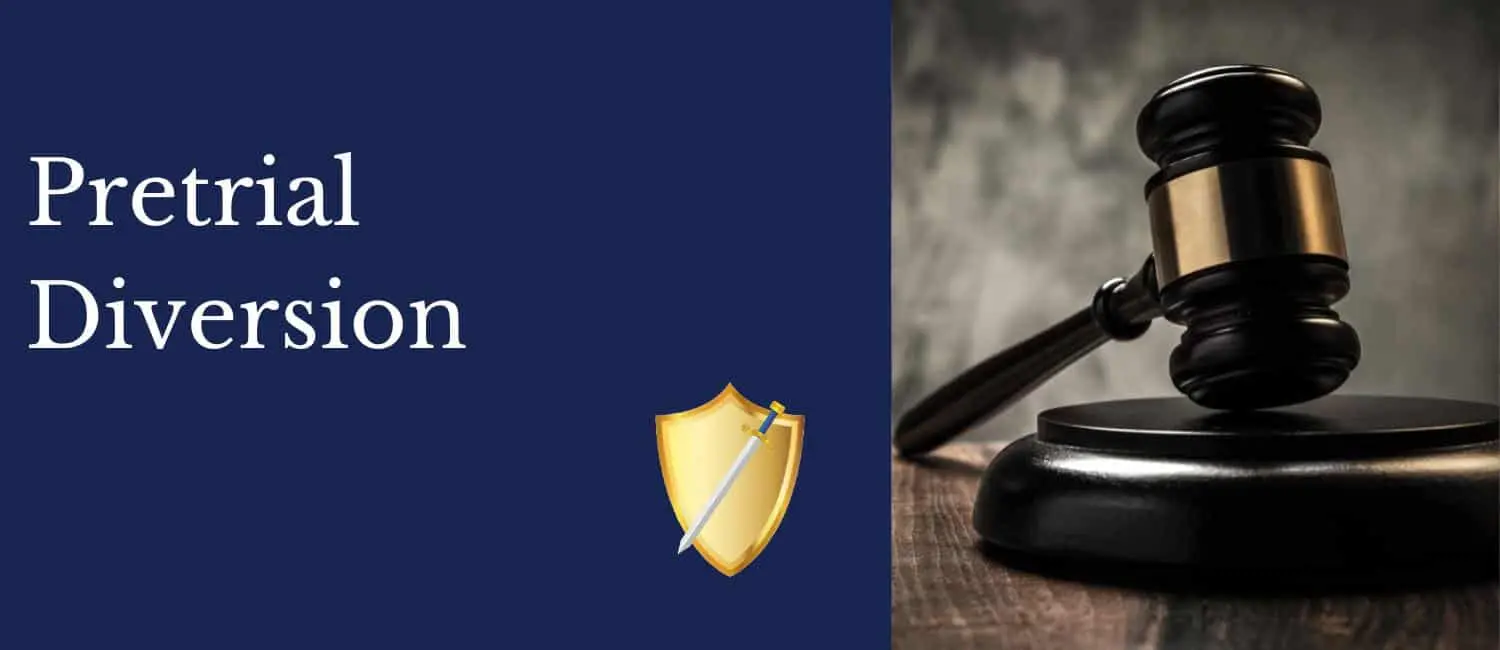If you’ve been charged with driving while intoxicated, the first question that likely crosses your mind is, can you avoid probation for DWI? It’s a concern that carries a lot of weight—not just legally, but emotionally and financially. No one wants their life micromanaged by the court, but for many DWI offenders, probation becomes the default sentence. However, depending on the specifics of your case, it might be possible to avoid it altogether. Understanding how your individual circumstances align with the law is the first step toward exploring alternatives.
In this guide, we’ll explore the circumstances under which probation may be avoided, the legal strategies that work in your favor, and how courts really assess DWI cases. We’ll take a realistic approach, combining legal insight with real-life examples and practical storytelling to break down a process that often feels overwhelming. By the end, you’ll have a clearer picture of what’s possible and how to approach your case with confidence.

What Is DWI Probation and Why Do Courts Use It?
Before diving into whether you can avoid it, it’s important to understand what DWI probation actually is. Probation is a court-imposed alternative to jail time. Instead of being locked up, you’re released under strict conditions that might include:
- Attending DWI education classes
- Submitting to random drug or alcohol testing
- Installing anignition interlock device
- Regular check-ins with a probation officer
- Community service
- Curfews or travel restrictions
In most first-time DWI cases, probation is seen as a middle-ground punishment—tougher than just a fine, but more lenient than incarceration. So, if you’re asking can you avoid probation for DWI, you’re essentially asking whether a judge will be willing to go even easier—or maybe impose a different kind of penalty altogether.
Real-Life Story: Marcus and the Deferred Decision
Marcus, a 30-year-old construction manager in Fort Worth, was pulled over late one Friday night. He’d had two drinks at dinner, and his BAC came back at 0.09%. He was respectful with the officer, complied with all instructions, and had no prior criminal history.
When it came time for sentencing, Marcus’s attorney argued that he had taken proactive steps—attending an alcohol education course, voluntarily installing an ignition interlock device, and staying alcohol-free for three months while the case was pending.
The court granted him a deferred adjudication. This meant Marcus avoided a conviction, avoided probation, and would have the chance to have the record sealed later.
This kind of outcome isn’t common, but it’s absolutely possible under the right conditions. That’s why understanding when can DWI probation be avoided requires a deep look into the case details, not just blanket legal theory.
The Role of the Prosecutor and Plea Negotiations
When trying to avoid probation for a DWI, one of the most critical players is the prosecutor. Most DWI cases never go to trial—they’re resolved through plea bargains.
A strong defense attorney will negotiate with the prosecutor to:
- Reduce the charge (from DWI to reckless driving, for example)
- Push for a fine or deferred adjudication instead of probation
- Emphasize mitigating factors like no accident, low BAC, and clean record
So, can you avoid probation for DWI through plea bargaining? Absolutely—but only if your case presents compelling reasons and you have legal counsel skilled in negotiation.
Factors That Influence Whether Probation Can Be Avoided
Not every DWI case is the same, and courts don’t treat them equally. Several factors determine whether you might avoid probation:
First-Time Offender Status
If this is your first brush with the law, especially involving alcohol, the court may be open to alternatives like deferred adjudication or even a dismissal with conditions.
BAC Level
If yourblood alcohol content was just barely over the limit (like 0.08% to 0.09%), you’re far more likely to be treated leniently than someone who blew a 0.15% or higher.
No Accident or Injuries
Courts look more favorably on cases where there was no crash, no property damage, and no one got hurt. The absence of aggravating circumstances matters.
Cooperation with Law Enforcement
Being polite, following instructions, and not resisting arrest may be seen as signs of remorse and responsibility, which can sway a judge or prosecutor.
Voluntary Rehab or Counseling
If you enter treatment before the court orders it, you show initiative. That can help a judge decide you’re not a risk to the public and don’t need probation oversight.

Alternative Sentencing: Is There a Way Around Probation?
If you’re hoping to avoid probation, your attorney might explore alternative sentencing options. These can sometimes satisfy the court’s desire to “punish and educate” without placing you under supervision for months.
Here are a few alternatives to standard DWI probation:
Deferred Adjudication
This is a type of plea deal where you admit guilt but don’t receive a formal conviction. If you meet court requirements (classes, community service), the case may be dismissed later.
Not every state allows this for DWI, but Texas recently made changes permitting it under certain conditions.
Pre-Trial Diversion
Available in some counties, this program allows first-time, non-violent offenders to complete a tailored rehabilitation plan. Completion can lead to dismissal.
Straight Fine + Jail Credit
In rare cases, a judge may sentence a person to time served (like a night in jail) and a fine, with no formal probation. This usually only applies in extremely mild cases.

Can You Avoid Probation for DWI if You Go to Trial?
This is a tricky one. If you take your DWI case to trial and win—yes, you avoid probation entirely because you’re found not guilty. But that’s a gamble.
Trials are risky, expensive, and not always predictable. Evidence like:
- Dashcam footage
- Breathalyzer or blood test results
- Officer testimony
…can be hard to overcome, even if you feel the arrest wasn’t justified. However, if your case has significant flaws (like improper stop or testing errors), it might be worth fighting for an acquittal.
So, can you avoid probation for DWI by going to trial? Yes, but only if you win. If you lose, you could face even harsher penalties than you would have under a plea agreement.
How Judges View Requests to Avoid Probation
Judges walk a fine line. On one hand, they don’t want to punish someone excessively—especially a first-time offender who seems remorseful. On the other, they’re tasked with protecting public safety.
When deciding whether probation can be skipped, judges consider:
- Public opinion and political climate
- The defendant’s attitude in court
- Evidence of rehabilitation
- The potential for repeat offenses
For example, a judge may be more inclined to grant leniency if the driver has a stable job, family support, no prior issues, and is actively working to fix the problem that led to the DWI.
But if the defendant seems arrogant, dismissive, or defensive—expect a strict sentence.
Real-Life Example: Keisha’s Wake-Up and Turnaround
Keisha, a 26-year-old nursing student in Austin, got a DWI after a night out celebrating graduation. Her BAC was 0.10%, and she hit a curb, but no one was hurt.
At her first hearing, Keisha submitted a letter of apology, proof of enrollment in a DWI education course, and a statement from her professor explaining her academic promise.
The judge allowed her to enter a pre-trial diversion program—no probation, no conviction. All she had to do was complete a six-month monitoring period with no violations.
Her success story highlights an essential truth: if you’re wondering can you avoid probation for DWI, sometimes the answer lies in showing the court that you’re serious about change.
Why Legal Representation Makes the Difference
One of the most important takeaways in this entire discussion is that having the right attorney changes everything.
If you walk into court alone, chances are slim that you’ll avoid probation. Prosecutors aren’t going to offer you the best deal without a fight. Judges won’t consider alternatives if no one makes the case.
Your lawyer can:
- Spot legal flaws in your arrest
- Present mitigating evidence
- Negotiate alternatives
- Prepare a compelling sentencing argument
- File for deferred adjudication or pre-trial diversion

So, when people ask, can you avoid probation for DWI, the next logical question should be: Do you have a lawyer who knows how?
Final Thoughts: Can You Avoid Probation for DWI?
So, can you avoid probation for DWI? In many cases, yes—especially if you’re a first-time offender with no aggravating factors such as a high BAC, an accident, or prior convictions. Taking voluntary steps like enrolling in rehab, completing alcohol education, and presenting strong character references can significantly improve your chances. Strategic plea negotiations may lead to outcomes like reduced charges or even deferred adjudication, while pre-trial diversion programs offer another route to avoid probation. Though going to trial carries risk, a not-guilty verdict eliminates the probation issue entirely. Still, your odds of success depend heavily on skilled legal representation. Probation isn’t a guaranteed outcome anymore—courts are beginning to see that not every DWI case requires strict oversight. But escaping it requires more than luck; it takes preparation, a clear plan, and a proactive legal strategy. If you’re facing a DWI charge, take it seriously. Know the law, understand your options, and present a compelling case for leniency that a judge can’t ignore.

